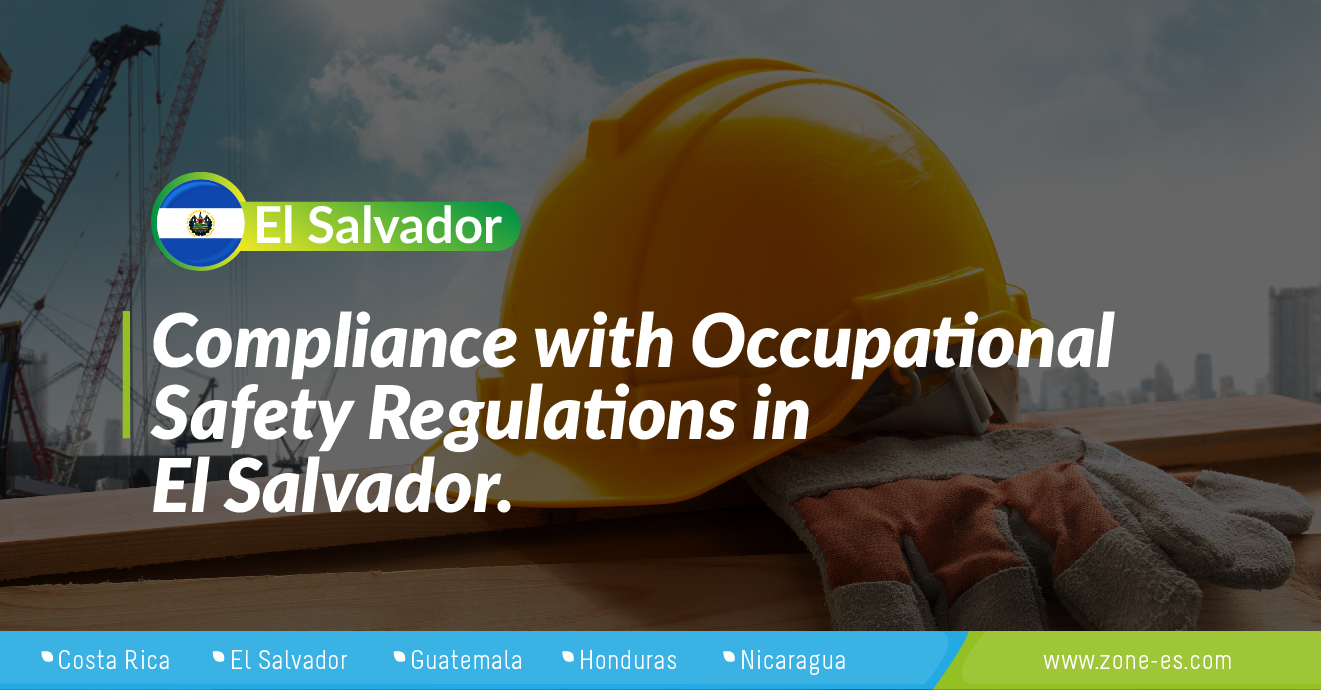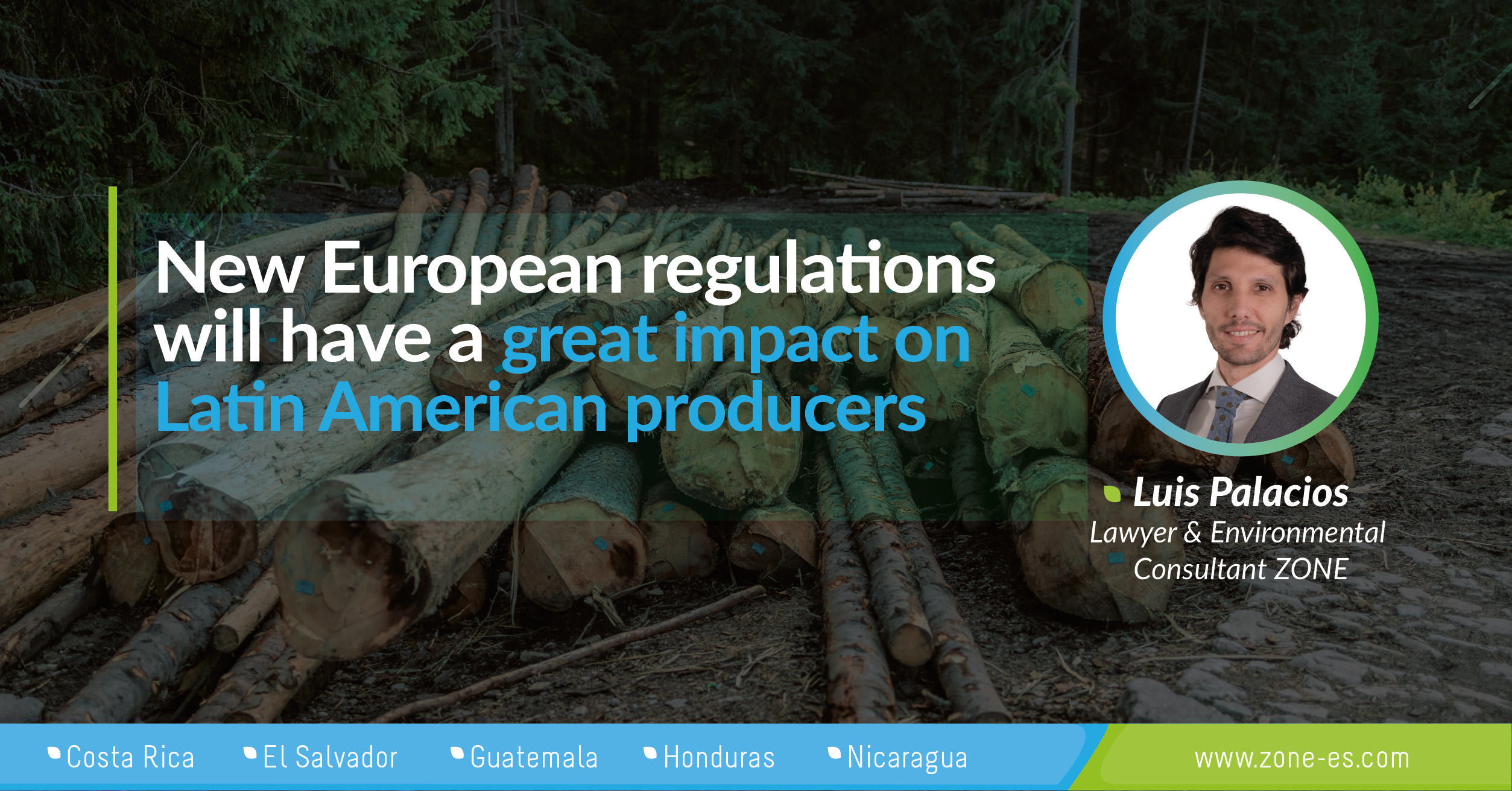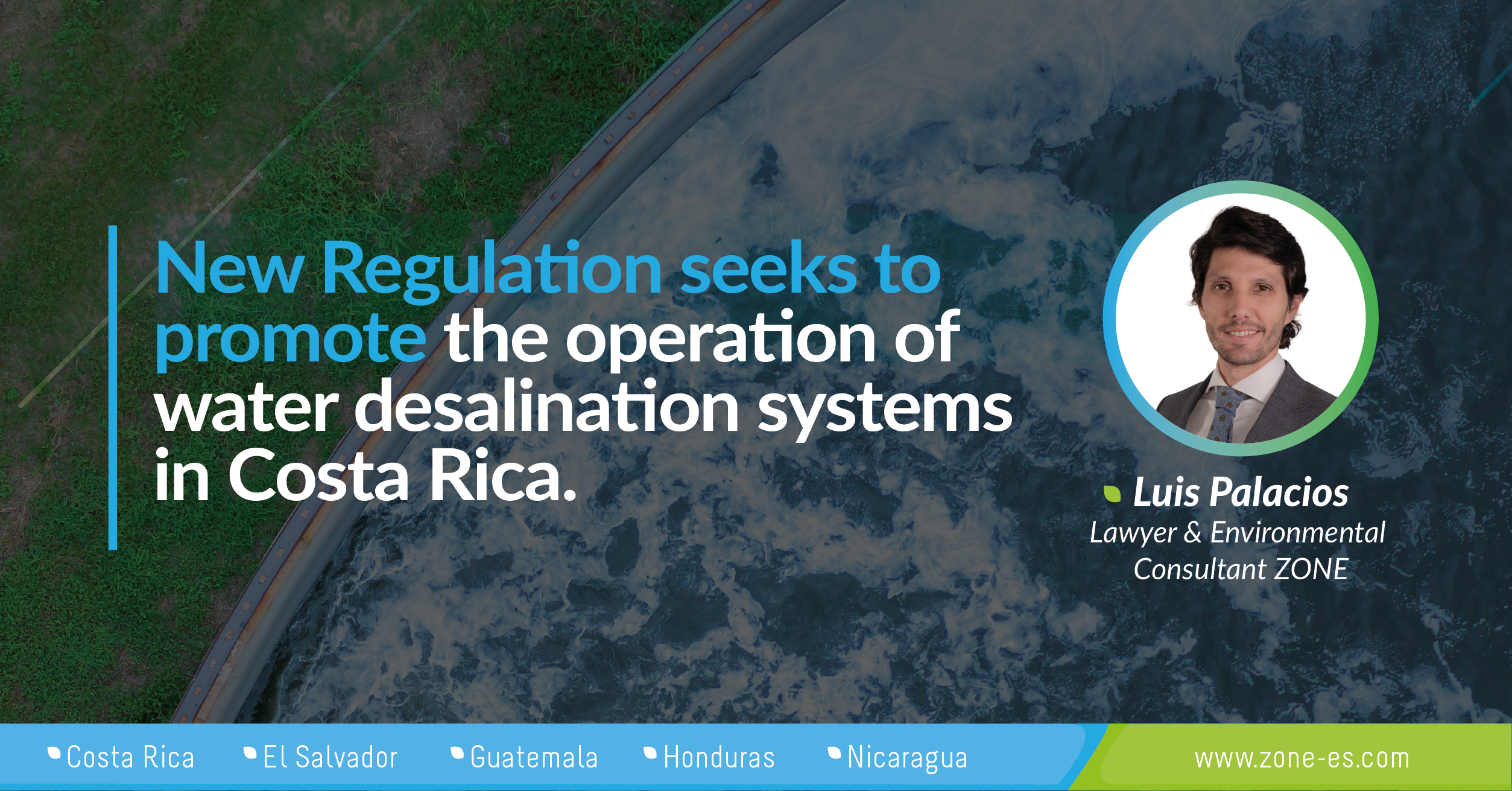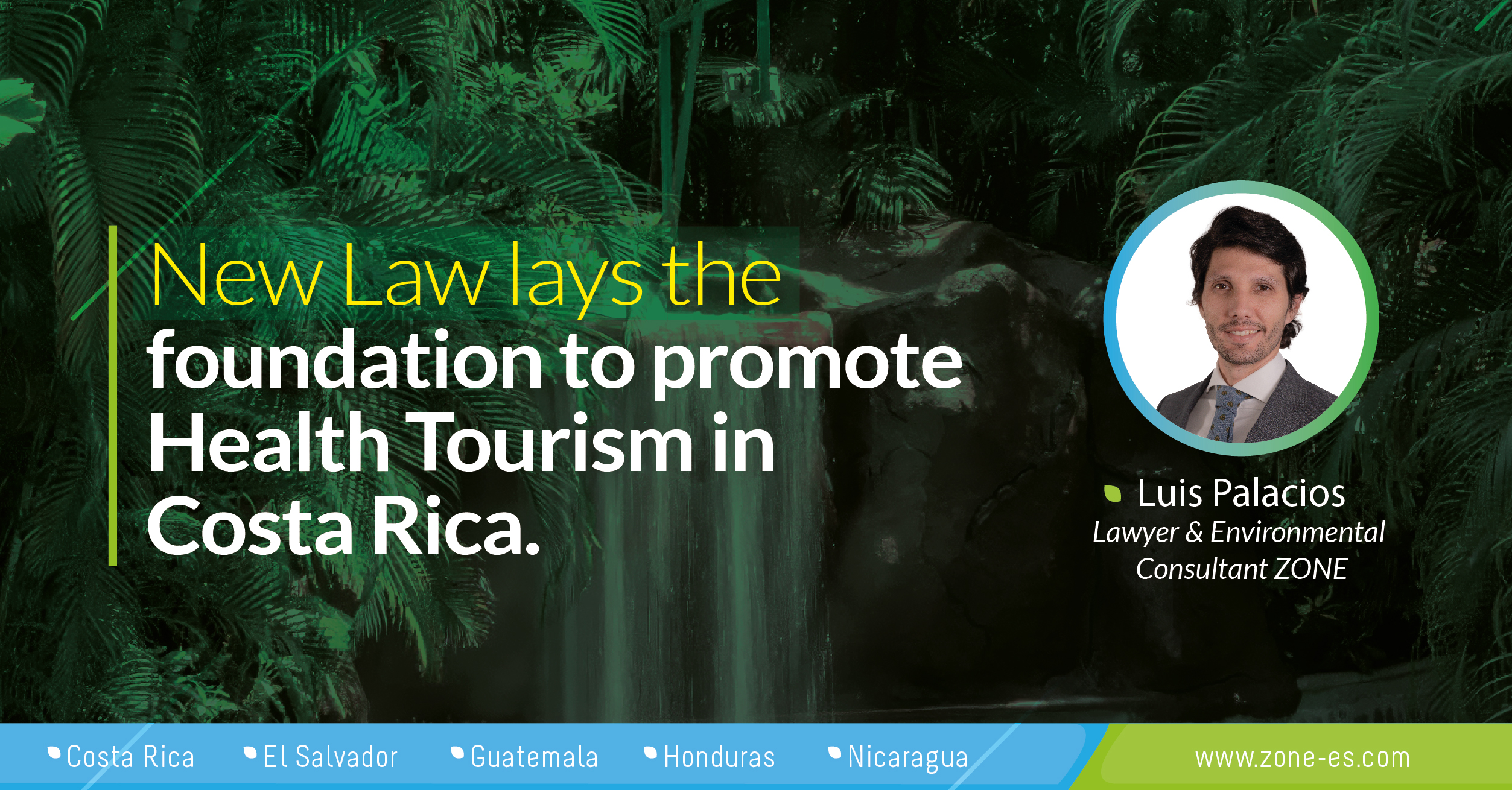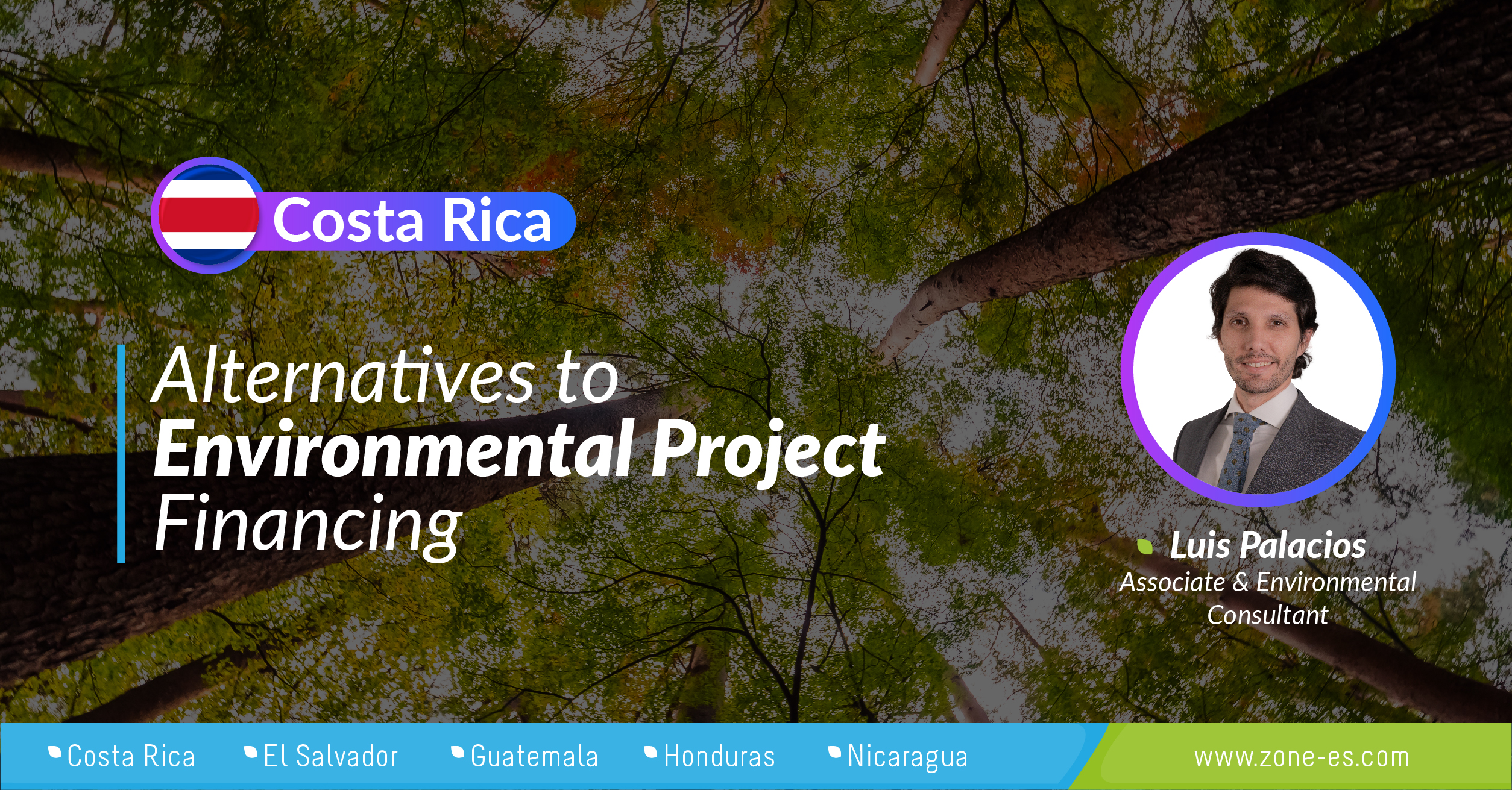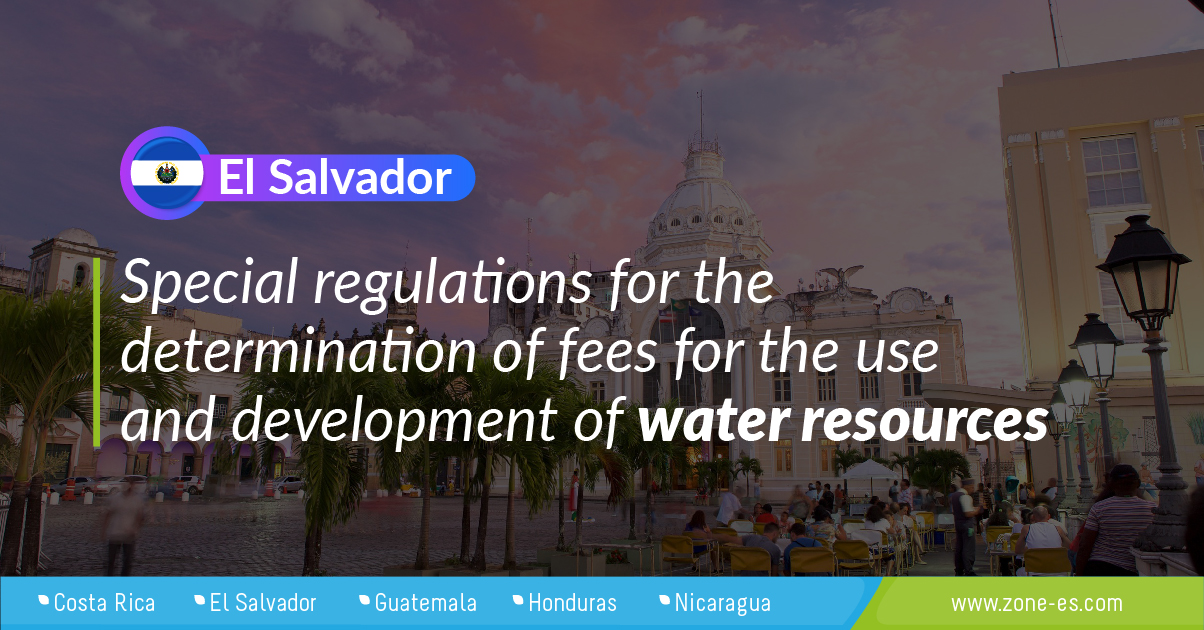Costa Rica issued Law No. 9876, the Law to Combat Plastic Pollution and Protect the Environment, establishing ambitious goals to reduce plastic waste. However, said Law was suspended pending a Regulation not published until mid-April 2023, and whose main implications we will analyse below:
Scope of Application: Under Articles 1 and 2 of the Regulation, the law applies to importers, producers, marketers, and distributors of plastic straws, bags, and bottles. As a general exception, this regulation does not apply to plastic bottles used to contain inputs for agricultural production.
- Prohibition of straws: Article 4 confirms the prohibition on the commercialization or free delivery of single-use plastic straws.
- However, straws in the packaging of medicines and foods for special diets are exempt from the ban.
- Prohibition of the use of shopping bags: Businesses are prohibited from giving away bags to carry products to their destination.
According to article 5, this prohibition does not apply to garbage, garden or similar bags.
However, straws in the packaging of medicines and foods for special diets are exempt from the ban.
Additionally, bags with a low environmental impact certification and biodegradable or with at least 50% recycled material will be exempt from the law. However, the technical parameters for obtaining a low-environmental impact certification have yet to be defined.
Plastic Bottle Collection Plan: The regulation establishes that anyone who produces, imports or markets plastic bottles or products contained within them must comply with at least one of a series of measures outlined below.
Measures that seek to reduce the use of plastic:
a) That the commercialized plastic bottle consists of recycled resin at a percentage defined by regulation.
b) In the case of producers, produce products or use containers or packaging that, due to their design, manufacturing or use characteristics, minimize waste and facilitate its recovery, or allow its disposal in the least harmful way for health and the environment.
Measures that seek the recovery of plastic waste:
c) Establish a program for the recovery, reuse, recycling, energy use, or other means of valorization of waste derived from the products they market, according to parameters defined in the future regulation.
d) Participate in a program for comprehensive waste management that may be organized by sector or by the waste generated.
e) Establish strategic alliances with at least one municipality to improve collection systems and integrated waste management.
Article 7 of the Regulation establishes a series of rules that clarify the duties of companies that wish to benefit from the group of measures that seek the recovery of plastic waste, namely:
The recovery duties would apply to all persons who in any way commercialize (empty) plastic bottles, and to distributors of products packaged in this type of product.
The obligated companies must design and implement a Compliance Plan that indicates the amount of waste they expect to generate and the recovery goal.
Submit an annual Compliance Report indicating whether the goals were indeed achieved, indicating the type of treatment given to the recovered bottles.
To fulfil these duties, managers authorized by the Ministry of Health may be hired.
Regarding the measures that seek to reduce the use of plastic, the Ministry of Health must publish the technical regulations with the manufacturing parameters of the containers.
Deadline for application: Despite indicating that its application begins four months after its publication, Law 9786 clearly states that plastic straws, bags, and bottles must be regulated 12 months after the law’s publication.
As we can see, this regulation represents a series of duties that affect many companies that must adapt to increasingly demanding regulation of environmental effects. However, society considers the new standards invaluable to promoting sustainable practices and stopping the alarming global plastic pollution.
